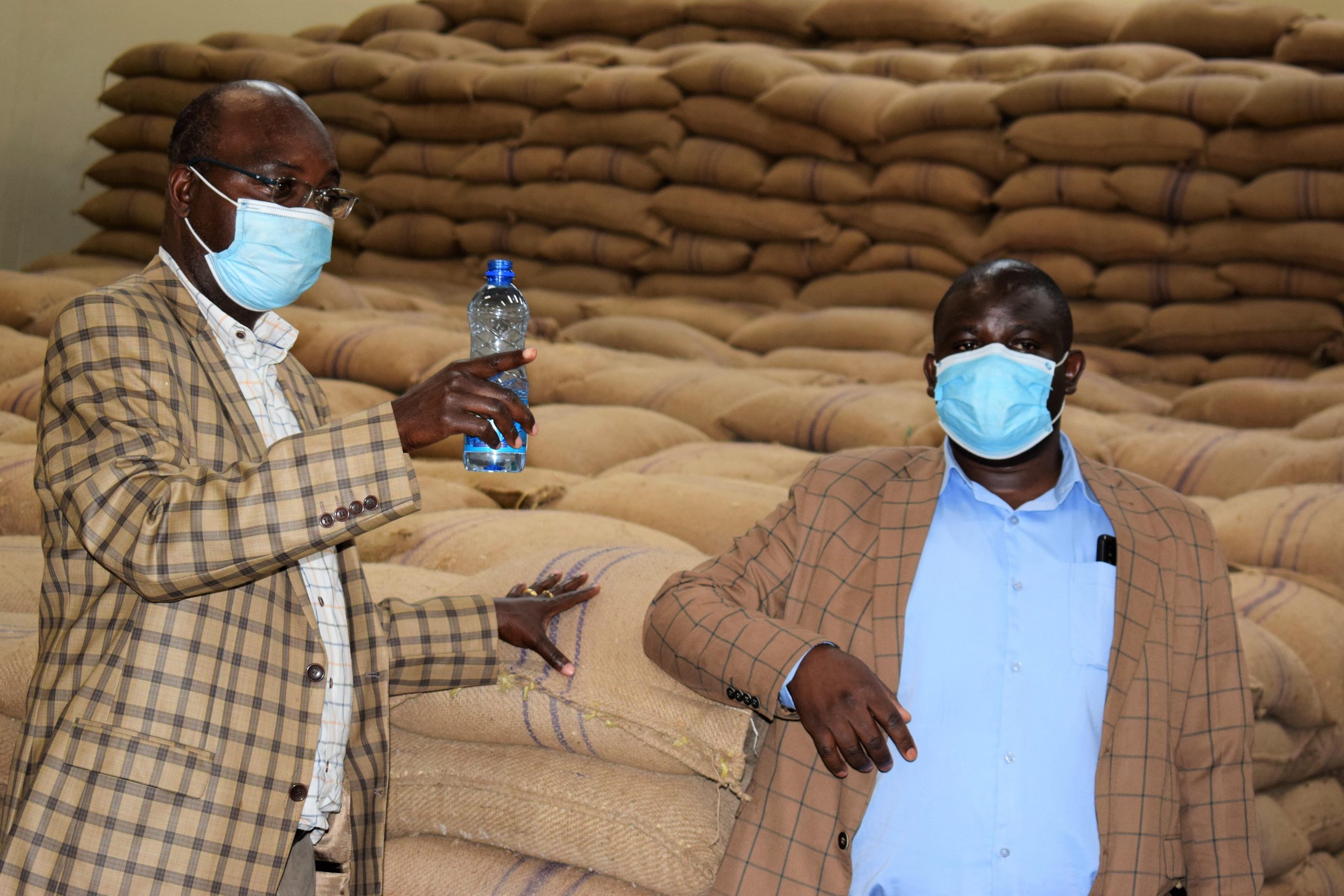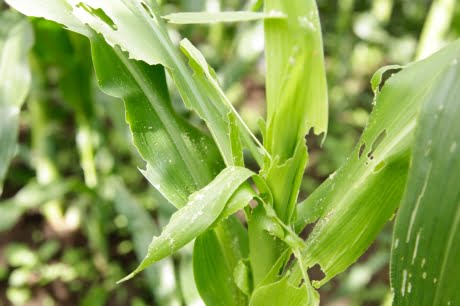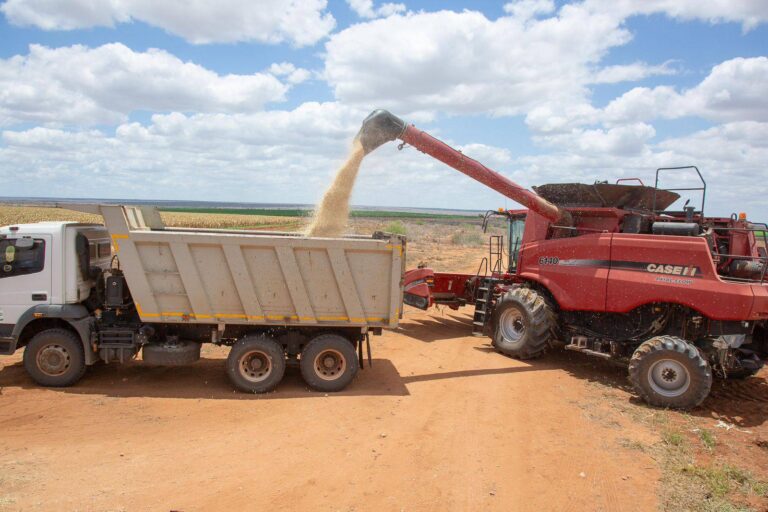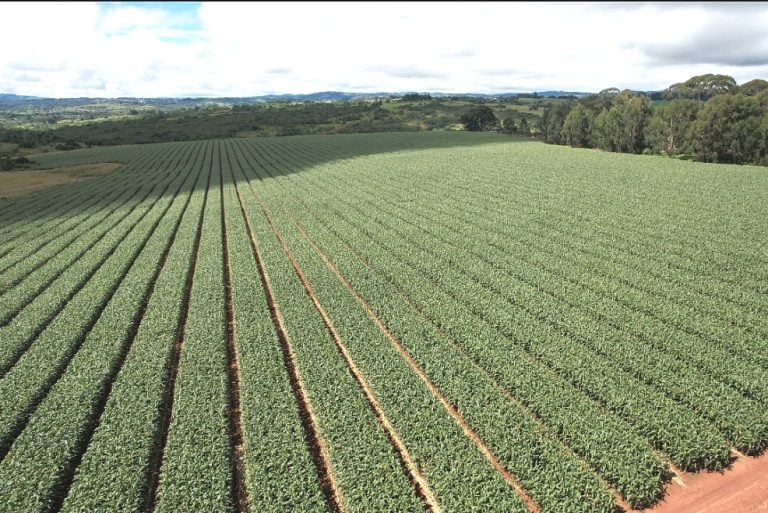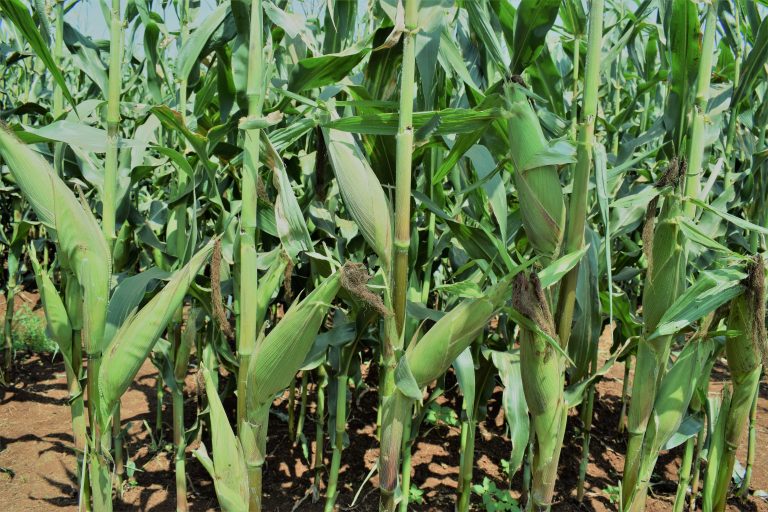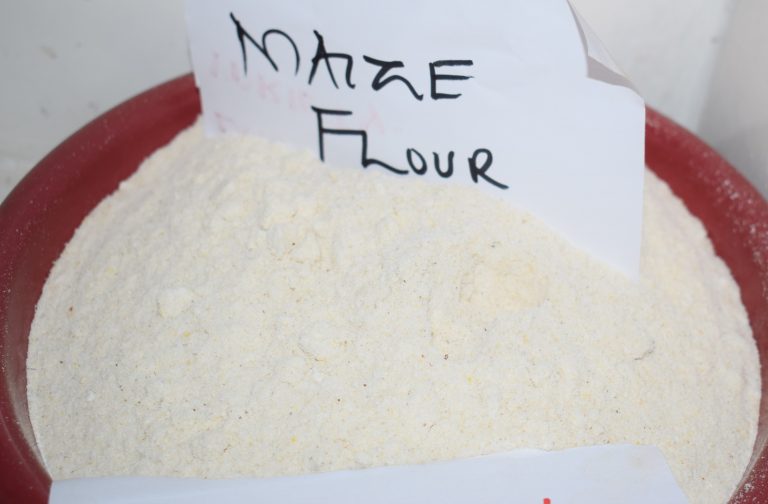Maize farmers from Tuiyotich KCEP – CBO in Mauche Ward, Njoro Sub-County, Nakuru County become the first small scale farmers to adopt the electronic system of trading agricultural commodities in Kenya. Mr. Joseph Koech, the Chairman of the group delivered 5,000kg – grade 2 maize at National Cereals and Produce Board depot in Nakuru.
The store manager, Mr. Antony Tanui confirmed that the maize was subjected to quality standards verification of moisture content, aflatoxin testing, grading and storage. Mr. Koech said farmers opted to store the maize in a certified warehouse for safety and quality of their maize as they scout for better prices above the prevailing Ksh 2,400 per 50kg bag being offered by traders at the farm gate.
Mr. Samwel Ogola, the CEO of the Warehouse Receipt System Council the government agency coordinating the system, said deposits by the small scale farmers in Nakuru is a major breakthrough in rolling out the new structured agricultural trade system where farmers united in Cooperative societies aggregate their produce and deposit in a certified warehouse to maintain the safety, quality and quantity of their produce. The farmers are issued with a legal document confirming the ownership of their produce as they search for better prices.
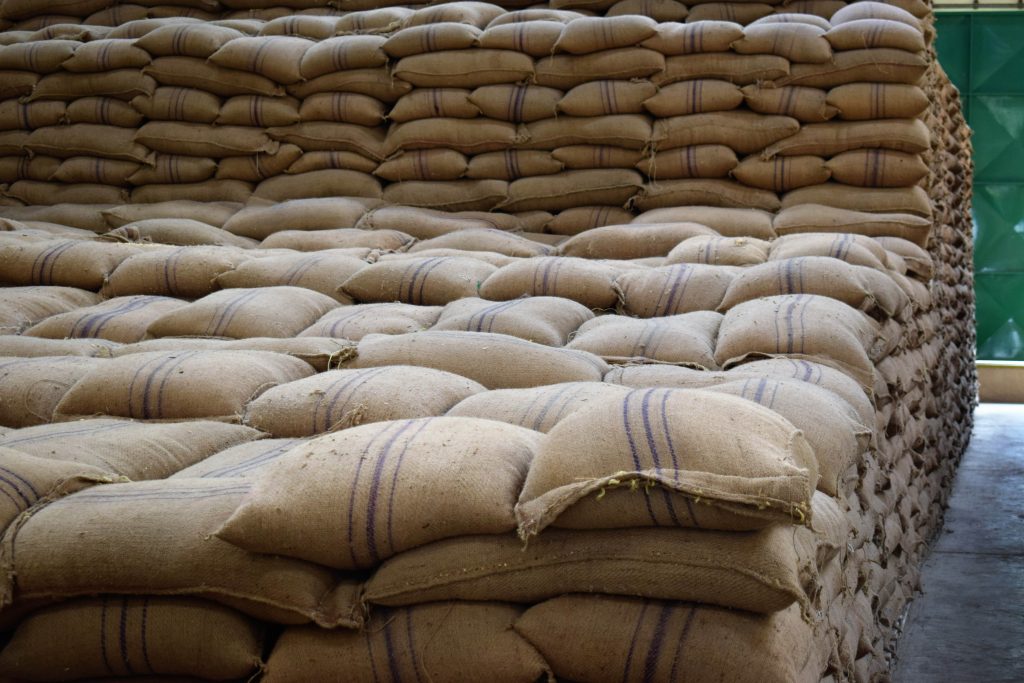
Mr. Ogola revealed that talks are concluding with specific financial institutions willing to finance farmers using the warehouse receipt as collateral. The financial institutions which have shown interest in financing farmers in WRS are Equity Bank, Cooperative Bank and Agricultural Finance Corporation. Mr, Ogola emphasises the receipt system as a major gain for women and youth farmers seeking credit from banks as they can use the receipt as security for loans similar to a title deed or logbook.
The Warehouse Receipt System (WRS) is a process where owners of commodities (Farmers or Aggregators) deposit their commodities in a certified warehouse and are issued with a negotiable and transferable electronic document of title called a Warehouse Receipt as proof of ownership.
The National Government, respective County Governments and private sector stakeholders are implementing the Warehouse Receipt System as a key intervention to improve commodity storage, reduce average post-harvest losses, curb value chain inefficiencies and increase financial benefits to farmers and traders in agricultural commodities
The Warehouse Receipt System is expected to offer a range of solutions especially to the smallholder farmers who face several challenges related to inefficiencies mainly brought about by lack of a transparent and structured market system leading to exploitation by middlemen.
The system is successively being rolled out in Trans-Nzoia, Uasin Gishu, Meru, Embu, Nyeri, Makueni, Machakos among other Counties.


